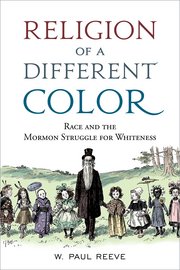-
•
•
48 responses
Once upon a time, no one except critics wanted to talk about LDS polygamy. But TV shows, court cases, and four Gospel Topics essays on the subject — which run to 32 pages of material when I printed them out — have changed the game. Now everyone is talking about polygamy. The current LDS position, however, is still as murky and convoluted as ever. Historical explanations, doctrinal justifications, and even simple factual descriptions of LDS polygamy remain controversial (see earlier posts at T&S, BCC, JI, M-Star, FMH, and most recently Kiwi Mormon). To this expanding conversation on polygamy, add the… Read More
-
•
•
69 responses
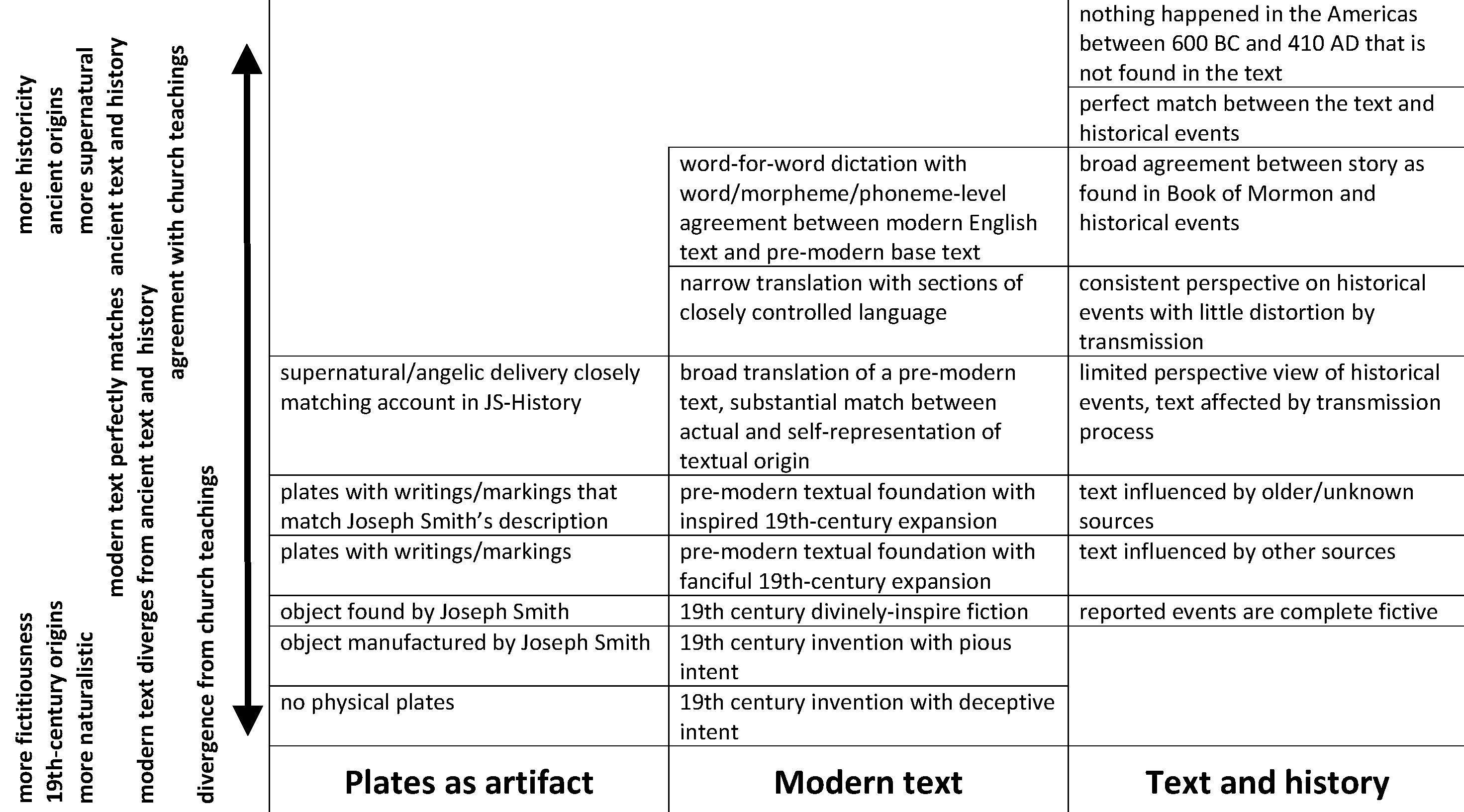
Book of Mormon historicity is not a unitary entity or a binary concept. It has at least three primary components, each of which offers a spectrum of possibilities Read More
-
•
•
From the pen of Jim Faulconer: Joseph M. Spencer’s most recent book (unless he has done another in the few weeks since this one was published) is For Zion: A Mormon Theology of Hope (Kofford Books, 2015; 157 pages, with index). I go back a long way with Joe, back to when he was still a recently-returned Mormon missionary and still an undergraduate at Brigham Young University. Read More
-
•
•
One response
-
•
•
68 responses
There’s an article in this month’s Ensign that makes two interesting moves. (There are also a few really unpleasant aspects of this article, but that’s a topic for a different post.) Read More
-
•
•
One response
Chapter 9, “Zion as Project”, gets right down to business. Having previously and rather brilliantly tied up his various scriptural themes and contexts — Old Testament eschatology, early Christian history, Pauline hope, faith and love, the Book of Mormon’s revision of Pauline hope, early Restoration history — Spencer brings these all to bear on the earliest version of the consecration revelation that eventually became D&C 42. He focuses on what are now verses 29-37. (I link to the modern D&C for convenience, but of course the earliest version was different, and those differences are a major focus of the analysis.)… Read More
-
•
•
Chapter 8, “Zion in Prophecy,” marks an important transition in Joseph Spencer’s For Zion. Opening with a tour de force theological dissection of hope in Paul’s Epistle to the Romans, followed by a thoughtful interlude on the Book of Mormon’s conceptual bridge between Paul’s early Christian hope and the Zion of the Restoration, the book turns in chapter 8 to what most of us came expecting: Spencer’s close reading of Joseph’s latter-day revelations on consecration and Zion. The analysis opens with an overview of the historical moment into which the revelation eventually known as D&C 42 arrived. Soon after Joseph’s… Read More
-
•
•
One response
-
•
•
31 responses
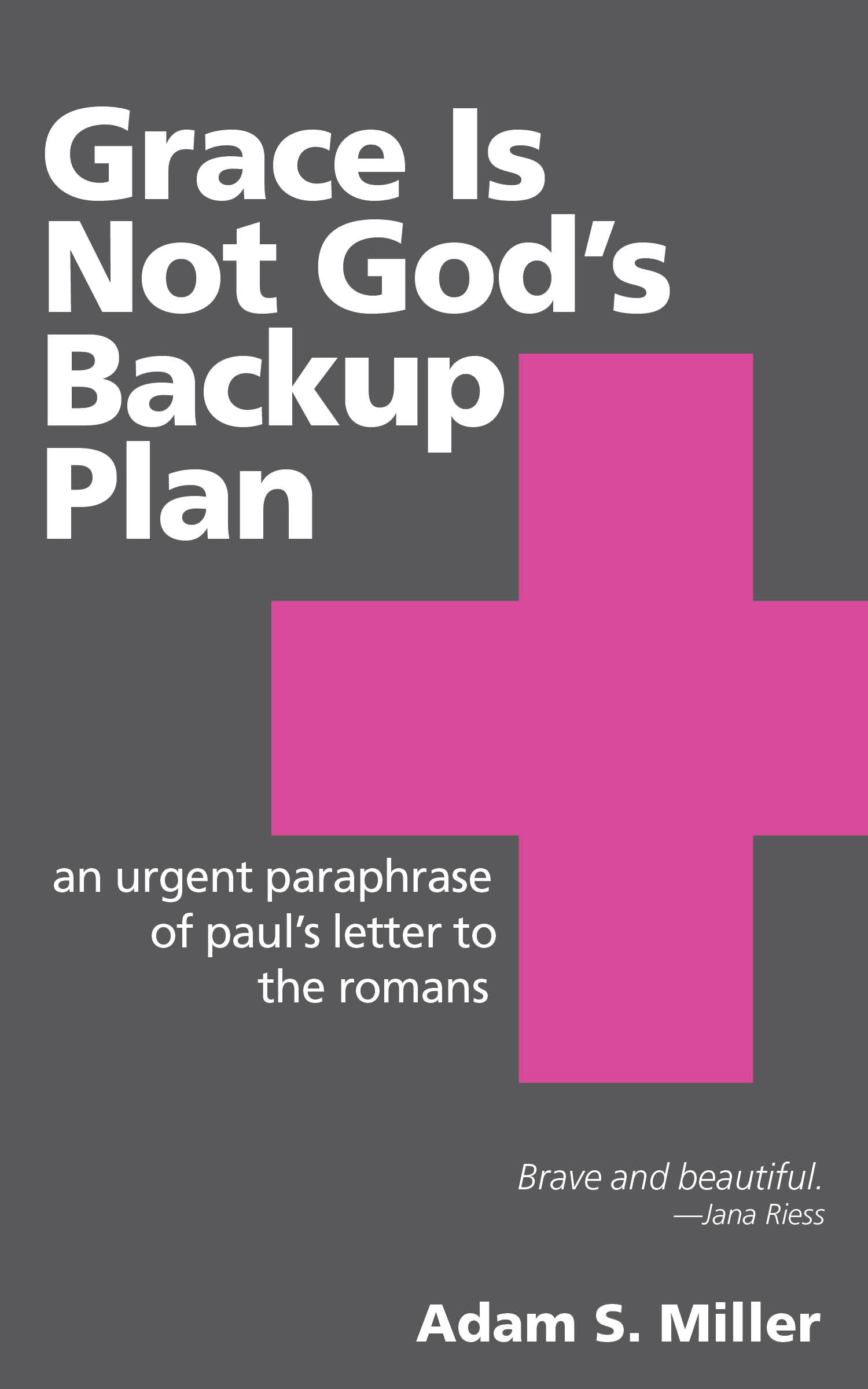
I’ve published a new little book, Grace Is Not God’s Backup Plan: An Urgent Paraphrase of Paul’s Letter to the Romans. It’s an experiment both in reading Paul and in self-publishing. My family and I were reading N. T. Wright’s “Kingdom Translation” of Romans and the kids were having a blast. Paul’s a great read in contemporary English. They loved, especially, Paul’s rhetorical questions (“Shall we sin because we are not under the law but under grace? Certainly not!”) and I loved, especially, the force of the letter when read out loud. Read More
-
•
•
15 responses

I’ve been practicing a kind of Mormon maximalism for a long time now. This impulse toward maximalism is itself religious in spirit. More, the impulse is aesthetic. It’s driven by a kind of wild hunger for the feel (literally, the aesthesis) of words, facts, theories, things, and people. I’m roaming the earth, eating everything in sight. Read More
-
•
•
23 responses

I’ve been practicing a kind of theological minimalism for a long time now. This impulse toward minimalism is itself religious. And it’s aesthetic. It doesn’t have to do with whether particular things are true or false (though, rest assured, such judgments must also be made), it has to do with the feel (literally, the aesthesis) of Mormonism as it’s lived. Read More
-
•
•
10 responses
One more time, from the pen of Ben Peters: One of the most tempting yet misplaced complaints lodged against Joseph Spencer’s For Zion: A Mormon Theology of Hope might be that, for all its talk about Zion, For Zion does nothing to suggest actionable proposals or bullet points for how to build Zion. Read More
-
•
•
2 responses
-
•
•
45 responses

Let’s acknowledge that beginnings are important. This is one reason why we care so much about history. So let’s go back to beginning. Let’s go back to the origin, to the source, to what the Greeks called the arche. But how? Where is the origin? Read More
-
•
•
115 responses
An article in the March 2015 Ensign is stirring up all kinds of discussion: “When Doubts and Questions Arise.” Read the article and you will see what the fuss is about. On the positive side, this and other recent articles and talks addressing faith questions at least provide acknowledgement that many faithful Mormons have issues with certain features of LDS doctrine and history. The new essays in Gospel Topics at LDS.org likewise provide groundbreaking official responses on several troubling topics. But the Ensign really has to do better than this polarizing and dispiriting discussion. Read More
-
•
•
2 responses
From the pen of Ben Peters (see previous post): Chapter five in Joseph Spencer’s For Zion turns to what he calls “the space of hope.” Here his discussion focuses on the space of “what remains to be seen” and to a similar effect as chapter four on the time of hope. Read More
-
•
•
2 responses
From the pen of Ben Peters: I’m thrilled and humbled to take part in this roundtable. By way of introduction, I’m Ben Peters, a husband, a father of four, a media historian and information technology theorist (more on my work here), a lifelong member, a long-time T&S reader, and first-time poster. My family has lived in Tulsa, Oklahoma since 2011, following an education trek stretching from Provo and Stanford to New York and Jerusalem. A disciplinary mutt, I have no real business commenting on the work of professional philosophers, especially chapters likely to trip up readers more careful than I am.… Read More
-
•
•
One response
-
•
•
9 responses

“And they were astonished at his doctrine: for he taught them as one that had authority, and not as the scribes.” –Mark 1:22 (see also Matthew 7:29) This scripture is often read to mean that Jesus expounded doctrine directly, rather than citing repeatedly what others had taught before (see some detailed discussion here). As Ellicott puts it, “It is the prophet, or rather, perhaps, the king, who speaks, and not the scribe.” This scripture led me to wonder how leaders in the modern Church refer to different types of authority in their teaching. So I went through a single General… Read More
-
•
•
8 responses

To purchase Black Mormon: The Story of Elijah Ables or For the Cause of Righteousness: A Global History of Blacks and Mormonism, 1830-2013, click here or here. As the first documented priesthood holder of African descent, Elijah Ables already enjoys a singular place in the history of black Mormonism. But in most discussions of Ables’s place in Mormon history, he serves as a foil for understanding the origins and development of the Mormon priesthood restriction on the black community; seldom does he enjoy the full subjectivity and personhood that a person of his accomplishment and stature would demand. Indeed, no phase of Elijah’s… Read More
-
•
•
139 responses
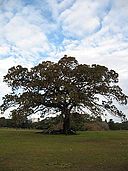
There’s a lot of discussion lately about the relationship between scripture and history. In this post, I suggest, by way of a case study, that the trees are obscuring the view of the forest for those gazing at historicity questions. Read More
-
•
•
32 responses
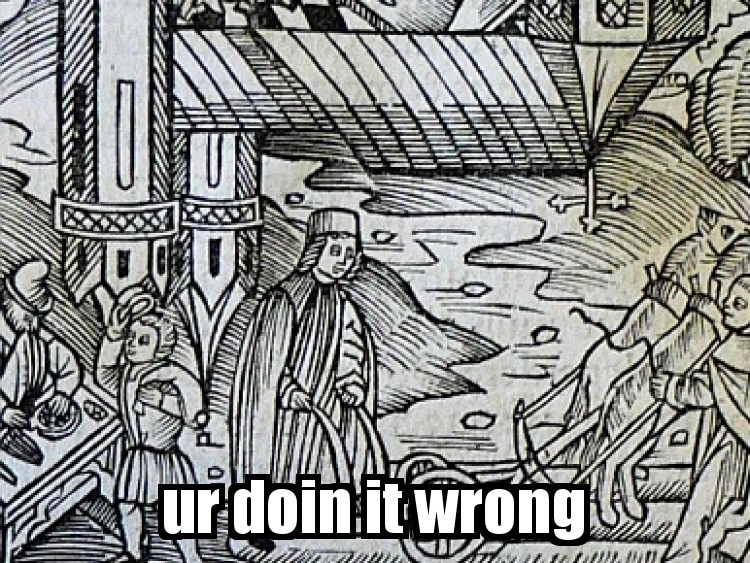
I don’t believe in the historical Jesus Read More
-
•
•
5 responses
I’m honored to participate in this roundtable on Joe Spencer’s book For Zion: A Mormon Theology of Hope. I’ll be tackling chapters 2 and 3 today; Adam treated chapter 1 here. Like many T&S readers, I presume, I come at this book as an amateur: I was trained in literature, not philosophy, and the densely analytical style of philosophy can be challenging — though always rewarding — for me to work through. These chapters are full of interesting ideas and new readings. Rather than react or respond to Joe’s theology here, I’m just going to do my best to summarize the argument as… Read More
-
•
•
14 responses
-
•
•
11 responses

A few weeks ago I listened to an episode of This American Life with an unfortunate title: Batman.[1] The title, which really doesn’t set the right tone for the episode to follow, refers to Daniel Kish, a blind man who taught himself to echolocate as a child. He gets around the world relatively unaided (including, for example, riding a bike) by clicking and then listening to the echoes. This ability has made him world famous, but it really shouldn’t be so unusual. And perhaps the most chilling thing is the fact that most blind kids will intuitively start clicking or snapping or stamping to… Read More
-
•
•
One response
-
•
•
7 responses
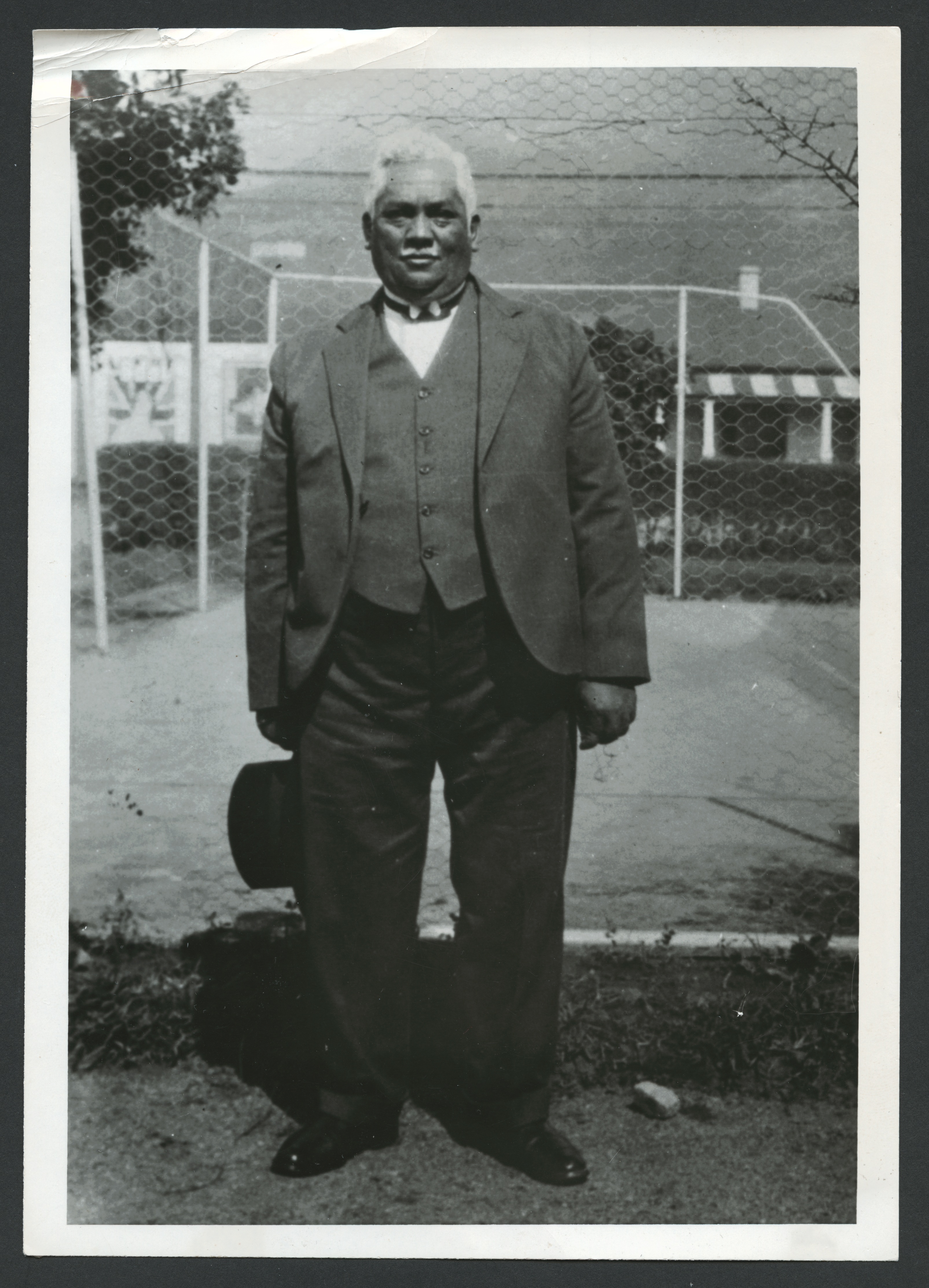
To purchase For the Cause of Righteousness: A Global History of Blacks and Mormonism, 1830-2013, click here. This piece tells the story of a long-forgotten black Latter-day Saint, William P. Daniels, who enjoys a singular position in LDS history: the only known black branch president to function in his office without holding the priesthood. William P. Daniels loved to cook and looked dashing in a three-piece suit. A tailor by trade, Daniels had a charisma about him. Missionaries adored him, church leaders trusted him, and his name rang throughout the Church. No one enjoyed reading the Book of Mormon more than he… Read More
-
•
•
53 responses
I believe it was Joanna Brooks who first formulated the idea that “excommunication is a 19th-century solution to a 21st-century problem.” It bears the marks of her elegant, intelligent phrase-making. Since it was first uttered, this idea has fed a swelling criticism of the practice of excommunication, following from the high-profile disciplinary action against Kate Kelly and now John Dehlin. This particular criticism is separate from — though often prompted by — the specifics of the Dehlin and Kelly cases: it’s a denunciation of the practice in general, either for apostasy or for any transgression. To expel a dissident from… Read More
-
•
•
12 responses
The first chapter of For Zion lays the groundwork for Spencer’s reading of Paul’s theology of hope. It focuses especially on Paul’s letter to the Romans. Understanding the details of this “theology of hope” is crucial to understanding Spencer’s full account of what’s at stake in the law of consecration. Read More
-
•
•
15 responses
Whatever happened to Zion? Whatever happened to the law of consecration? Aren’t these things from a long time ago? Or for some time way in the future? No. They are only ever for now. Saying that we’re not ready for Zion is like telling a guy lost in the desert he’s not ready for water. Read More

